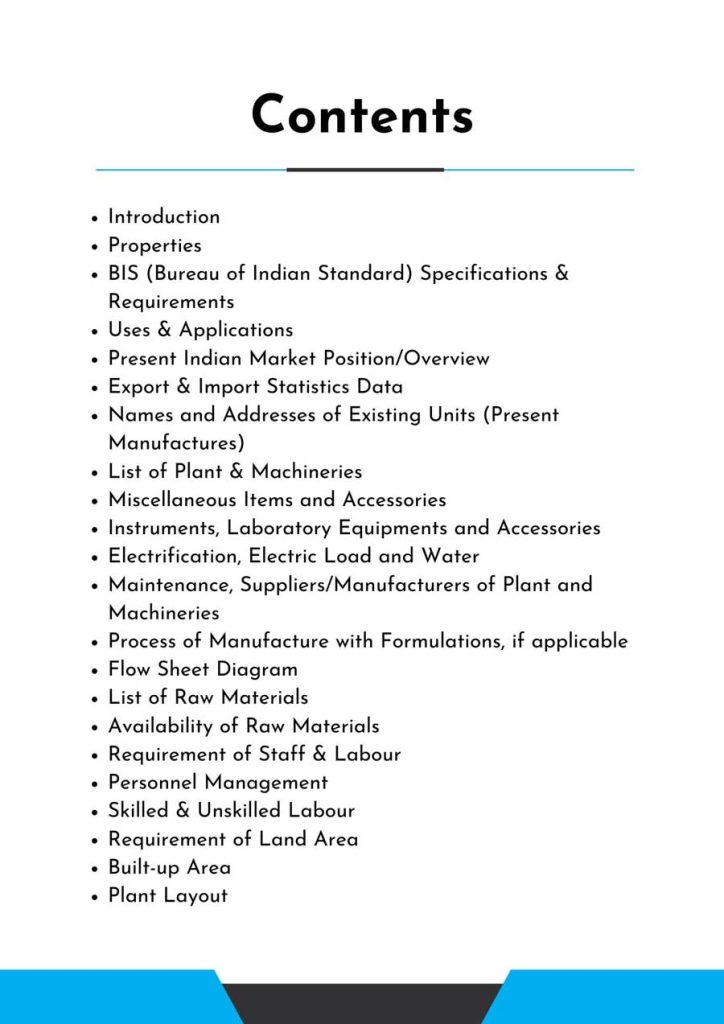Feasibility Report
On Cosmetic Manufacturers
Cosmetic manufacturers are companies that produce beauty and personal care products, like makeup, skincare, and hair care items. They use specialized processes to create safe and appealing products that enhance people’s appearance and promote self-care routines.
Introduction
Feasibility Report For Cosmetic Manufacturers.
Cosmetics are products that are applied to the body, most commonly the face, to improve or change a person’s appearance. They are used for a variety of reasons, such as enhancing one’s natural features, hiding wrinkles or problems, or creating a specific look or style.
Makeup such as foundation, lipstick, eyeshadow, and mascara, as well as skincare products such as moisturizers, cleansers, and toners, are examples of common cosmetics. Cosmetics can be manufactured from a range of components, including natural and synthetic materials, and applied in a variety of ways, including brushes, sponges, and fingertips.
Once the production process has been properly planned and all legal requirements for the cosmetic itself, as well as storage or transport, have been met, the cosmetics manufacturing unit can proceed to the next stage of the cosmetics manufacturing process, which is the production of the cosmetic material.
A variety of standards for the cosmetic manufacturing process must also be met. First and foremost, the location where the cosmetic material is manufactured must meet minimal cleanliness criteria. On the premises, there are particular clean zones that can only be entered by authorized staff wearing clothes that has passed cleanliness checks.
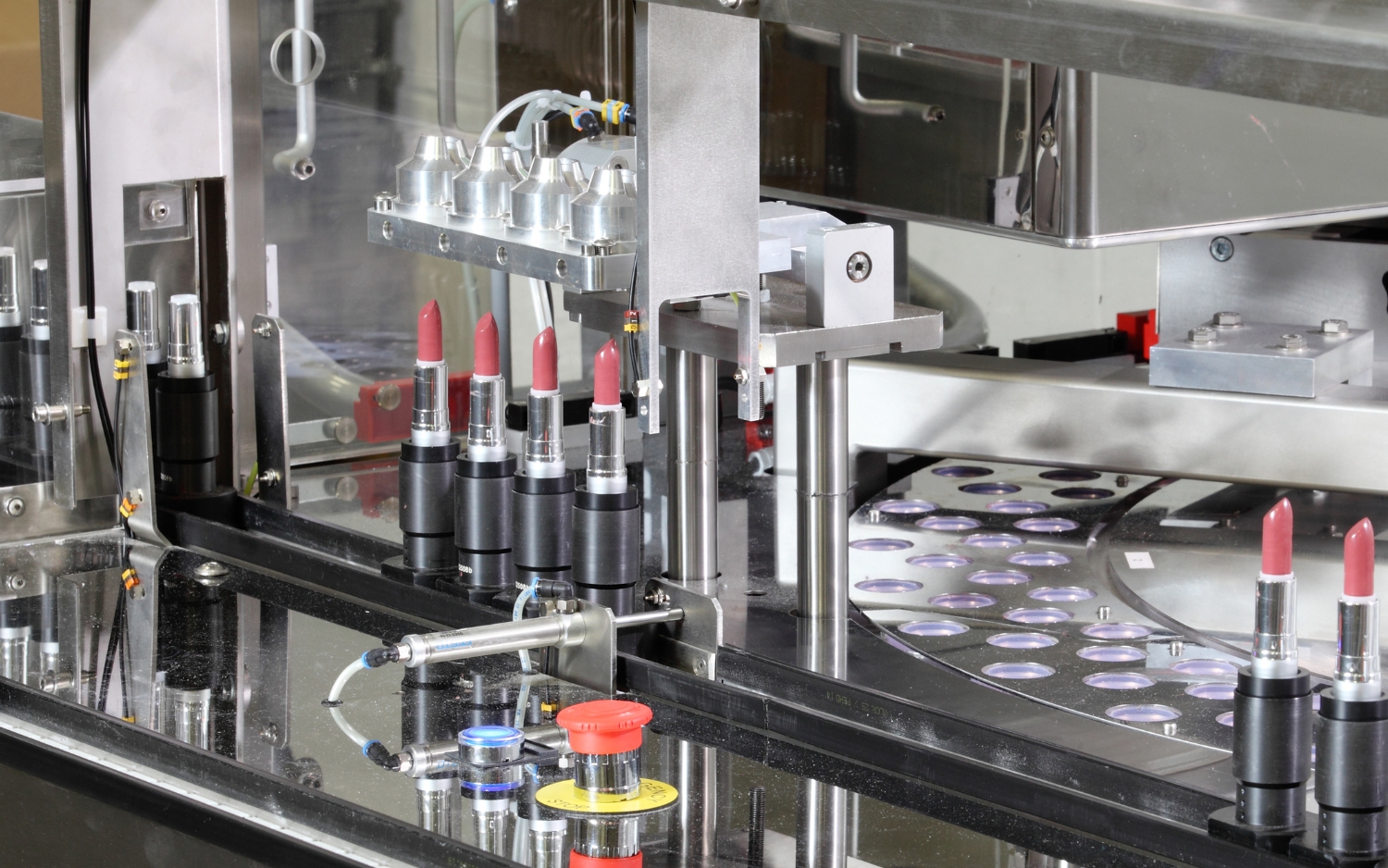
Cosmetic material is manufactured in the cosmetic line using specialized machinery called as mixers. The cosmetic industry employs many types of mixers, depending on their application and the scope of the cosmetic manufacturing process. The most basic mixers used in the cosmetics business are non-pressure mixers with a single central stirrer. The most advanced are homogenizing mixers, which come with a variety of stirrers and sophisticated controls.
After the product has been blended and any necessary heating and cooling has occurred, it is poured into containers. This can be done manually or using automatic filling equipment. Following filling, the product is packed and labeled in accordance with regulatory regulations. Quality control is crucial throughout the manufacturing process to guarantee that the finished product satisfies the needed requirements. This could include testing for things like consistency, stability, and microbiological safety.
After passing quality control, the finished product is ready for distribution to stores or directly to consumers. Handling and transportation must be handled with care to guarantee that the product remains in good condition and meets regulatory criteria
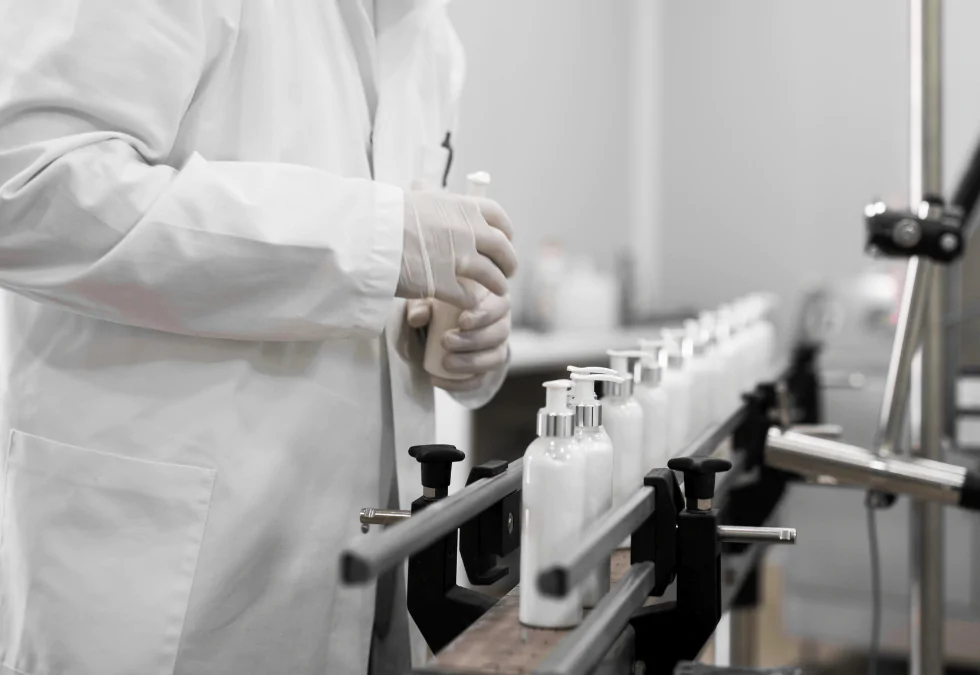
In recent years, there has been a substantial increase in the use of health monitoring gadgets. Fitness trackers, smartwatches, and wearable gadgets that assess vital signs, track physical activity, and monitor sleep patterns are examples of these devices.
By giving real-time data and insights, these gadgets enable people to take control of their health. Healthcare workers can also use health monitoring equipment to remotely monitor patients, discover early warning signs, and intervene as needed.
Feasibility Report Sample On Cosmetic Manufacturers
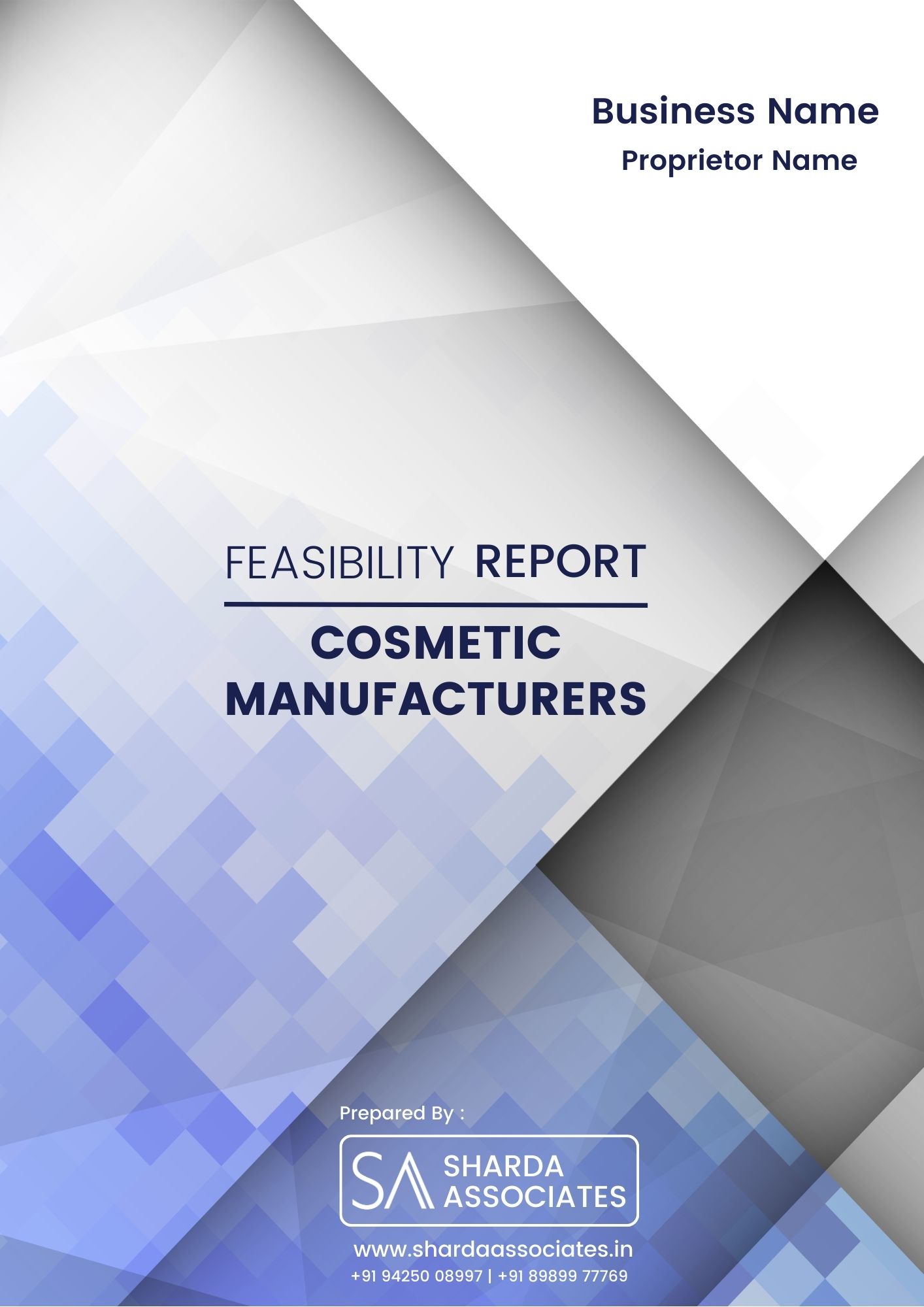
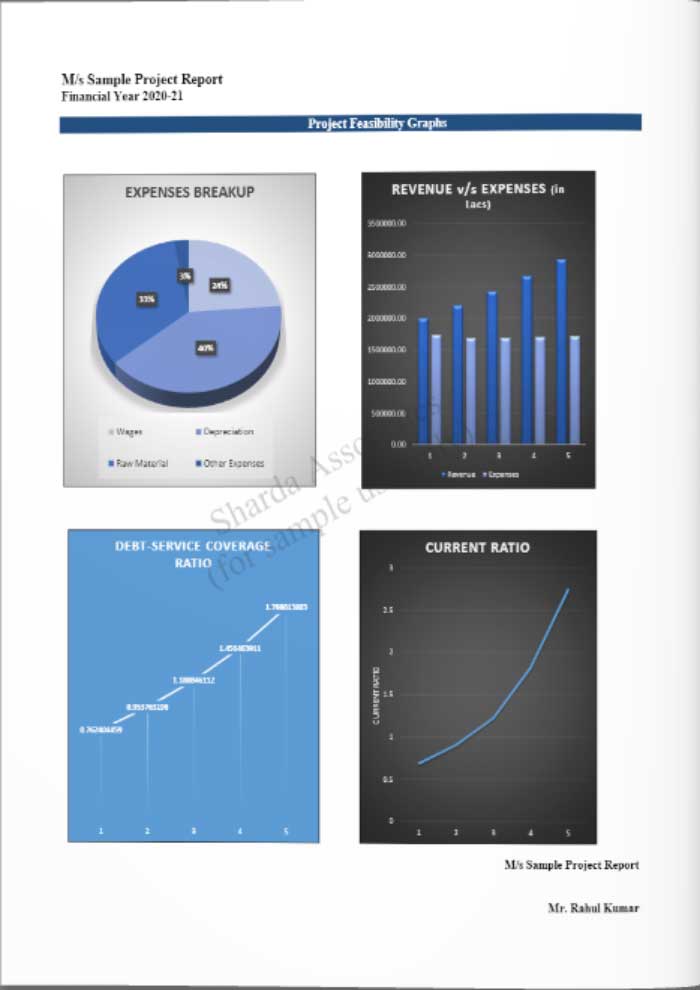
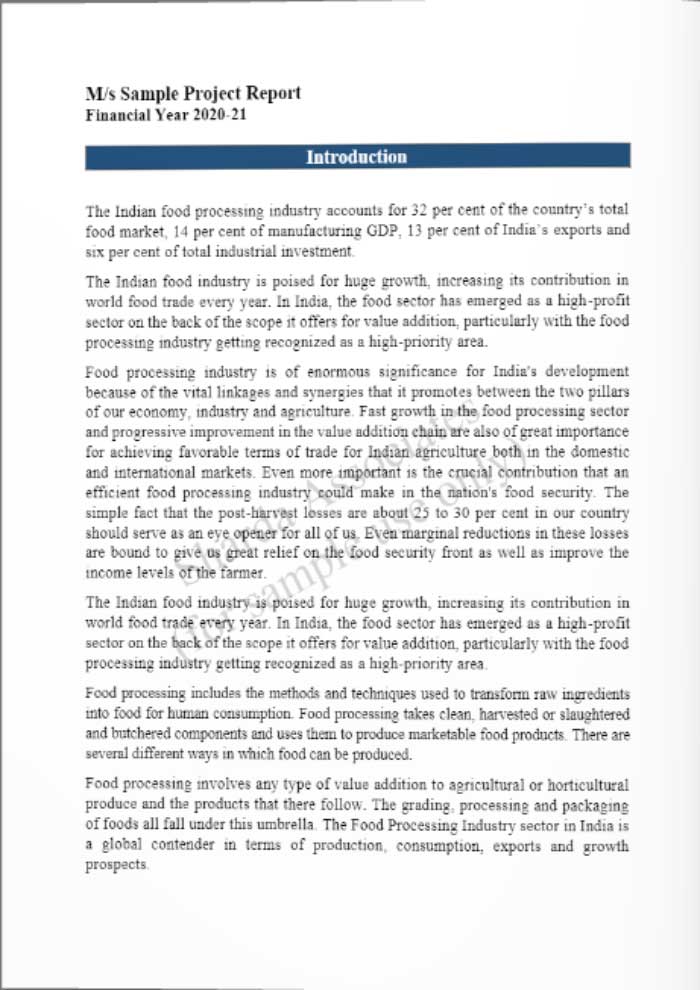
Market Strategy of Cosmetics Manufacturers
The global cosmetics market was valued at $202.7 billion in 2021 and is expected to rise at a 6.3% CAGR to $371.9 billion by 2031.
A substantial advancement The increased demand for herbal cosmetics among Indian clients creates opportunities for manufacturers. Because of increased awareness of body aesthetics, particularly among women, India is one of the countries with the highest consumption of cosmetic items in the world.
There is an increasing need for environmentally friendly and sustainable cosmetic products. Consumers are becoming more aware of the environmental impact of their shopping habits. This has resulted in an increase in the popularity of natural, organic, and cruelty-free cosmetic products.
Manufacturers who can provide environmentally friendly and ethically made cosmetics are expected to capitalise on this increasing market sector.
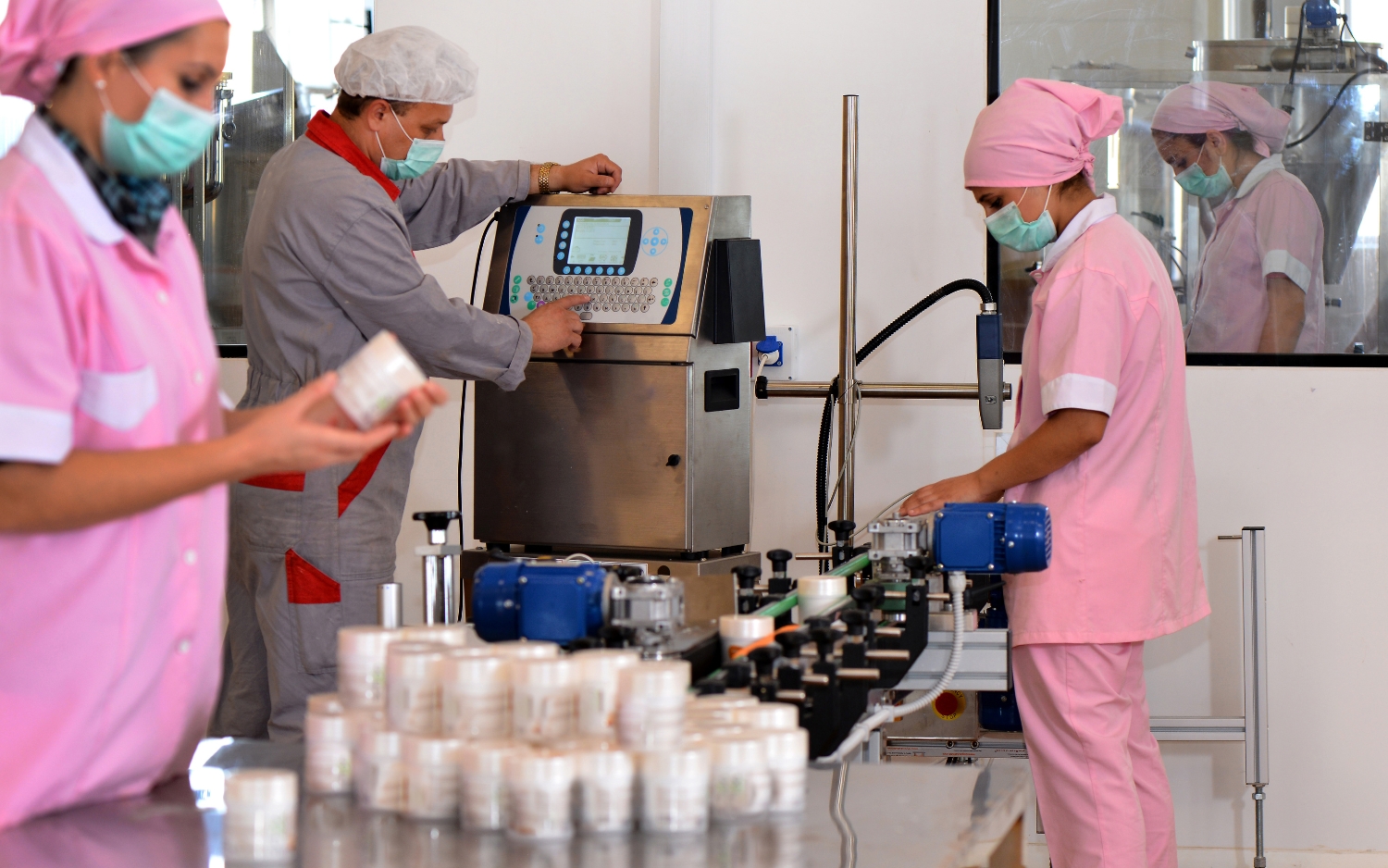
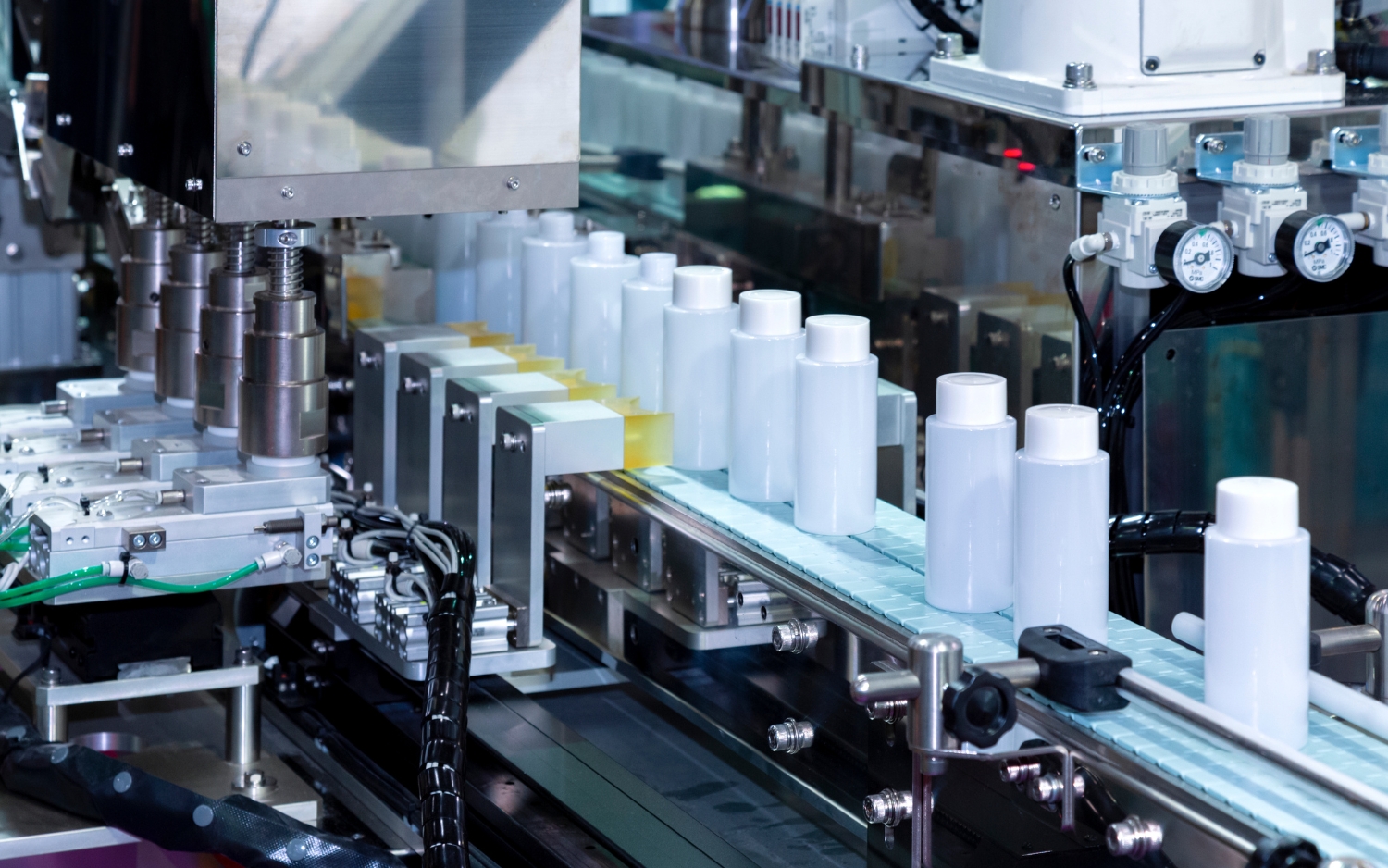
The cosmetic sector is well-known for its continual product development and invention. To entice customers, companies are constantly releasing novel formulations, improved components, and innovative packaging. This innovation push provides opportunity for manufacturers to differentiate themselves and gain market share.
The Indian cosmetics market is subdivided. The market is separated into categories such as body care, hair care, colour cosmetics, men’s grooming, perfumes, and so on.
Body care goods, which include items such as hand cream and body lotion, commanded the greatest market share (45.01%) in FY2020, and it is expected that this trend would continue in the years ahead

